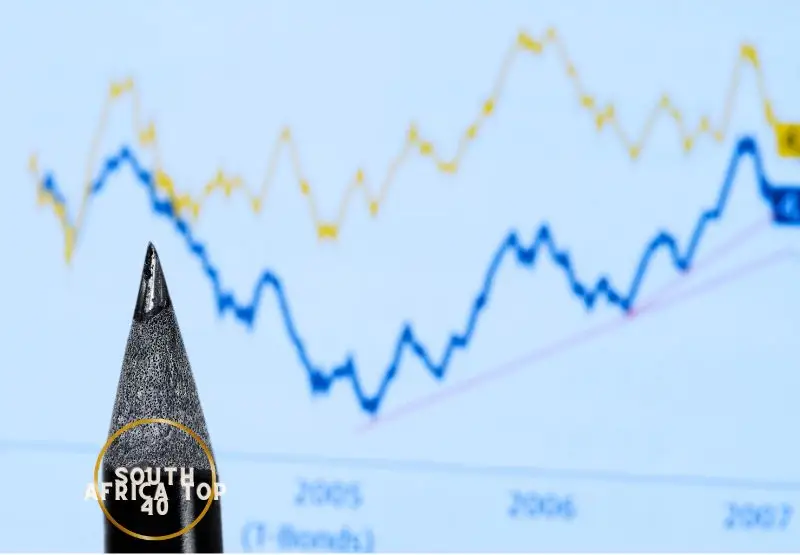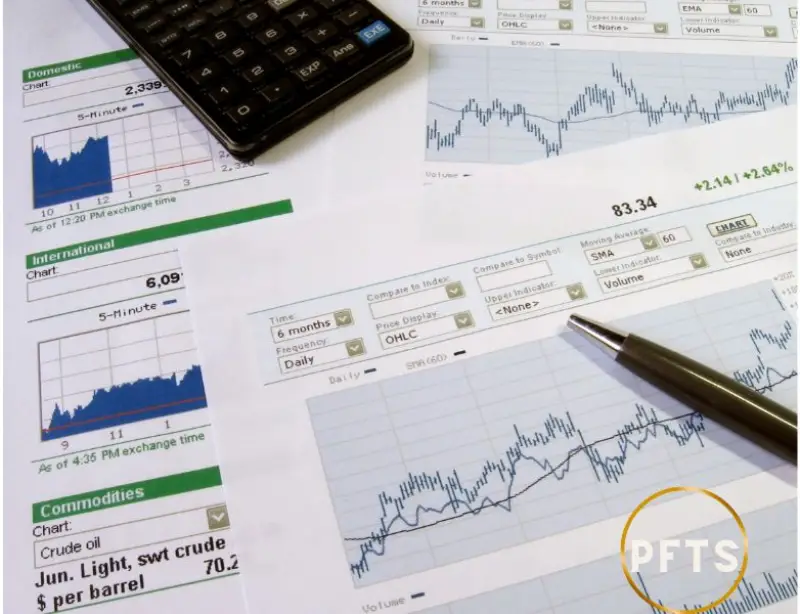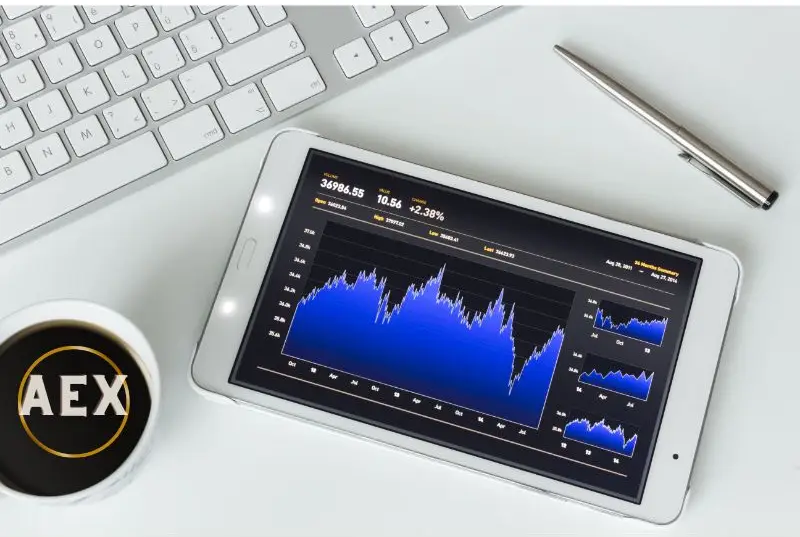Discover the hidden gem of the stock market in Tunisia, a thriving financial hub in North Africa. With a growing economy and numerous investment opportunities, Tunisia’s stock market plays a crucial role in the region’s economic development.
The two main stock indices in Tunisia are the Tunindex, which tracks the performance of all listed companies on the Tunis Stock Exchange, and the Tunindex 20, which focuses on the top 20 most liquid stocks on the exchange. These indices provide valuable insights into the overall health and stability of Tunisia’s stock market.
Whether you’re an experienced investor looking to diversify your portfolio or a newcomer interested in exploring new opportunities, Tunisia’s stock market offers something for everyone. Stay tuned for more updates and insights on this dynamic market!
How Does the Stock Market Work in Tunisia
In Tunisia, the stock market operates through the Bourse des Valeurs Mobilières de Tunis (BVMT), which is the country’s main stock exchange. The BVMT facilitates the buying and selling of stocks and other securities issued by publicly traded companies.
To invest in the stock market in Tunisia, individuals or institutions can open a brokerage account with a licensed brokerage firm. They can then place buy or sell orders for specific stocks listed on the BVMT through their broker.
When investing in Tunisian stocks, investors should conduct thorough research on the companies they are interested in, analyze market trends, and consider factors such as economic conditions, company performance, and industry outlook before making investment decisions.
Some of the major stocks that generate profit in Tunisia include:
- Société des Industries Alimentaires du Maghreb (SOMED)
- Banque de l’Habitat (BH)
- Tunisie Telecom (TUNTEL)
- Carthage Cement (SCC)
- Société Tunisienne de Banque (STB)
Investing in the stock market can be a rewarding way to grow wealth over time, but it also comes with risks. It is important for investors to diversify their portfolios, stay informed about market developments, and seek advice from financial professionals when needed.
What is the benefits of buying stocks in Tunisia
Investing in the Tunisia stock market can offer several benefits for investors. Some of these benefits include:
1. Diversification: Investing in Tunisian stocks can help diversify an investor’s portfolio, spreading out risk across different industries and sectors.
2. Potential for growth: The Tunisian economy has been growing steadily over the years, providing opportunities for companies listed on the stock exchange to grow and expand.
3. Access to emerging markets: Tunisia is considered an emerging market, offering investors exposure to a region with potential for high returns.
Tips and takeaways about the stock market in Tunisia:
1. Research before investing: It is important to thoroughly research companies listed on the Tunisia stock exchange before investing to understand their financial health, performance, and growth prospects.
2. Understand the political and economic environment: The political and economic stability of Tunisia can have a significant impact on the stock market. Stay informed about any developments that may affect your investments.
3. Monitor your investments regularly: Keep track of your investments in Tunisian stocks by monitoring their performance regularly and adjusting your portfolio as needed.
In conclusion, investing in the Tunisia stock market can be a rewarding venture for investors looking to diversify their portfolios and capitalize on the growth potential of an emerging market. By conducting thorough research, staying informed about the local environment, and actively managing your investments, you can make informed decisions that may lead to successful outcomes in the Tunisian stock market.
The main stock indices in Tunisia
Stock market indices are key indicators of the overall performance of a country’s stock market. They represent a basket of selected stocks that are used to gauge the health and direction of the market as a whole. In Tunisia, the most important stock market index is the Tunindex, which includes the largest and most actively traded companies on the Tunis Stock Exchange.
The Tunindex is regulated by the Conseil du Marché Financier (CMF), which is the regulatory body overseeing financial markets in Tunisia. The CMF sets rules and regulations for companies listed on the stock exchange, ensuring transparency, fairness, and investor protection.
One important aspect of regulating stock market indices in Tunisia is to prevent market manipulation and insider trading. The CMF monitors trading activities closely to detect any irregularities or suspicious patterns that could harm investors or undermine market integrity.
In addition to monitoring trading activities, the CMF also enforces disclosure requirements for listed companies. Companies are required to regularly report their financial performance and other material information that could impact their stock prices. This ensures that investors have access to accurate and timely information to make informed investment decisions.
Overall, regulating stock market indices in Tunisia is essential for maintaining a fair and transparent marketplace that fosters investor confidence and promotes sustainable economic growth. By establishing clear rules and enforcing them effectively, the CMF plays a critical role in safeguarding investor interests and upholding the integrity of the Tunisian stock market.
Investors looking to participate in the Tunisian stock market should familiarize themselves with the regulations set by the CMF and conduct thorough research before making investment decisions. By staying informed and following best practices, investors can navigate the Tunisian stock market with confidence and maximize their chances of success.
Recap: The stock market in Tunisia
The stock market in Tunisia has shown resilience despite facing challenges in recent years. The Tunis Stock Exchange, known as Bourse des Valeurs Mobilières de Tunis (BVMT), has been a key player in the country’s economy.
Investors have shown confidence in the Tunisian market, with trading activity remaining relatively stable. The government has also implemented reforms to improve transparency and attract foreign investment.
However, like many emerging markets, Tunisia’s stock market is not without risks. Political instability and economic uncertainties can impact investor sentiment and market performance.
Overall, the stock market in Tunisia presents opportunities for growth and diversification for investors who are willing to navigate the challenges and risks inherent in emerging markets.




























































